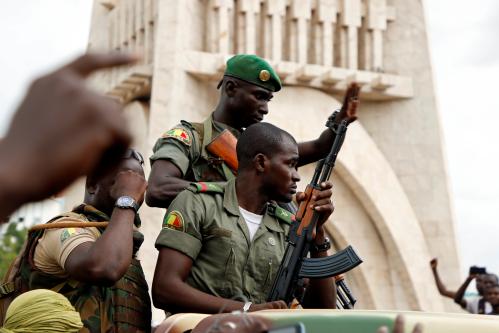Abstract
The Sahel is a place of longstanding traditions currently coping with global networks of violent militias. Consequently, there is a surge in the value of national-level public assets, such as security and education systems, prompted by the exploitation of the lack of good governance across the Sahara desert.
Our objective is to integrate the latest governance research with original survey-based results from the Sahel region in order to improve on policy approaches to increasing economic resilience.
The survey data support our recommendations, first by suggesting increased focus on central and local government cooperation, as it documents the importance that business owners place on security and their willingness to trust the central government to help guarantee that security. Second, our survey data show that the local agenda needs to be concerned with the business climate affecting the overwhelmingly informal economy. Third, our survey data show that the local agenda should not be focused only on providing credit rather than grants. Fourth, the surveys document broad concerns with climate change.







